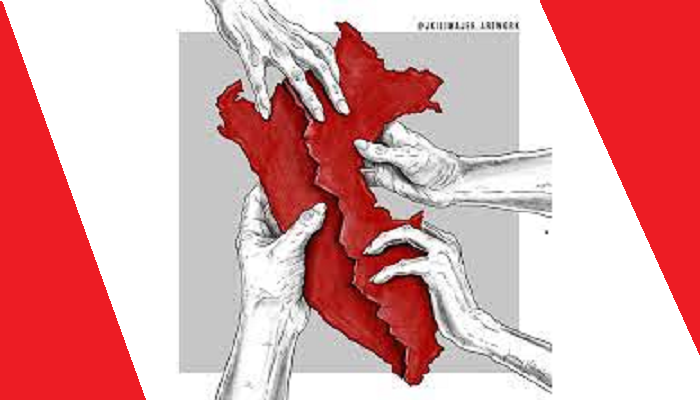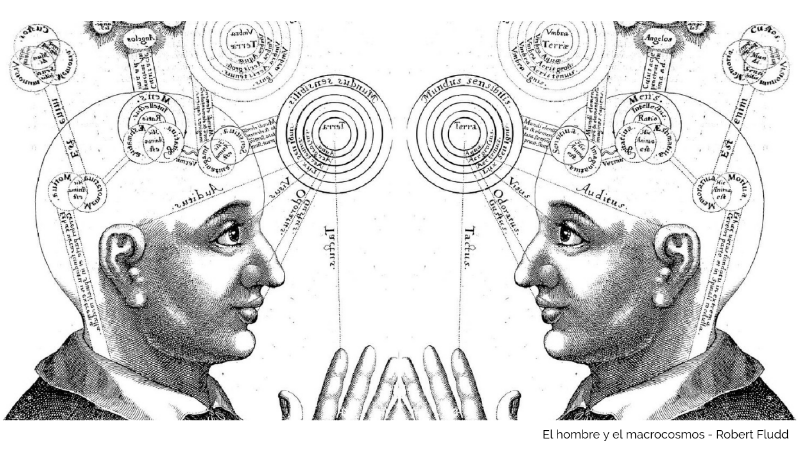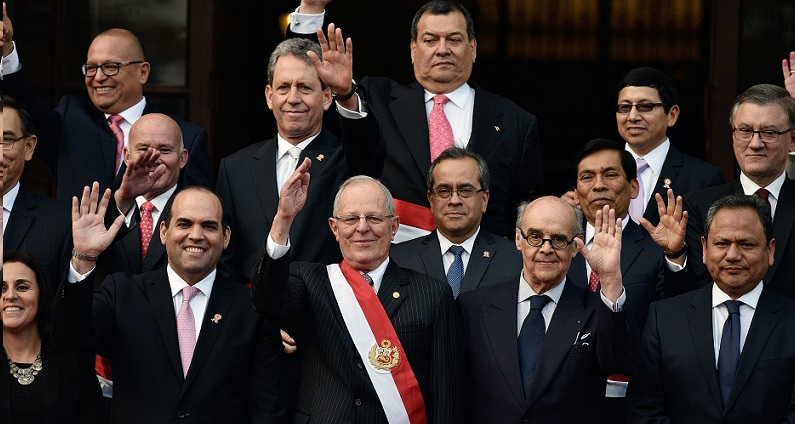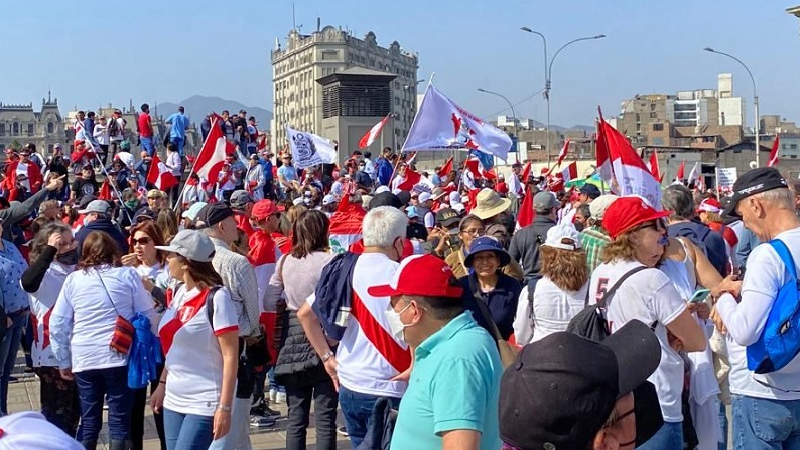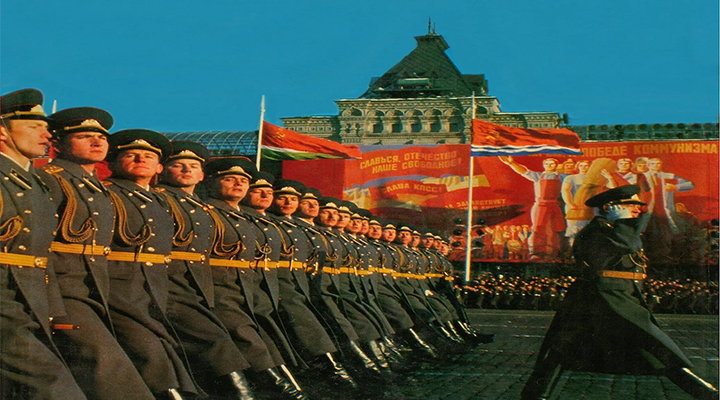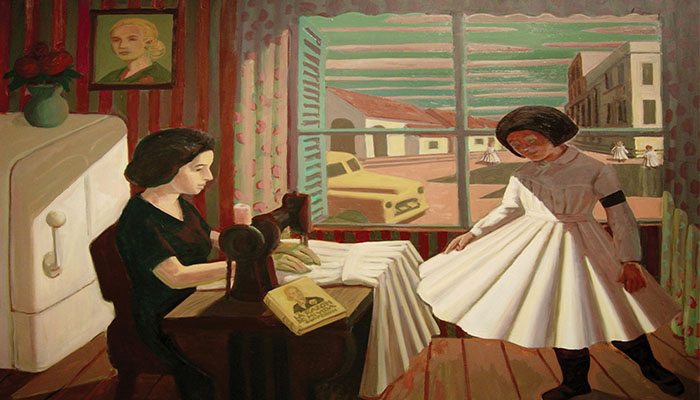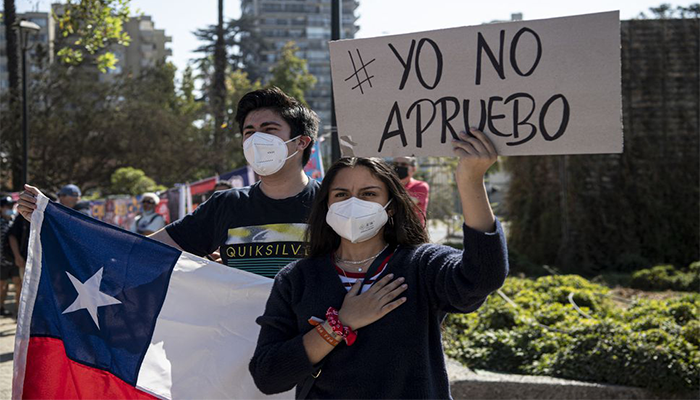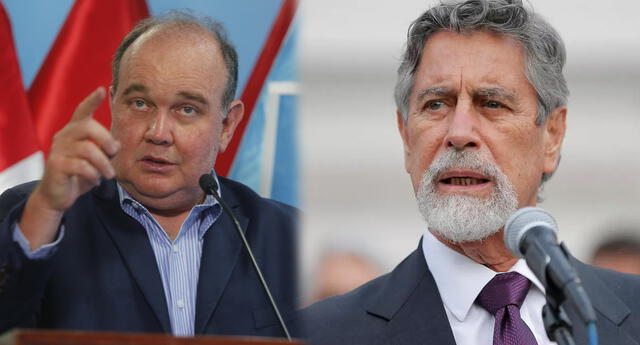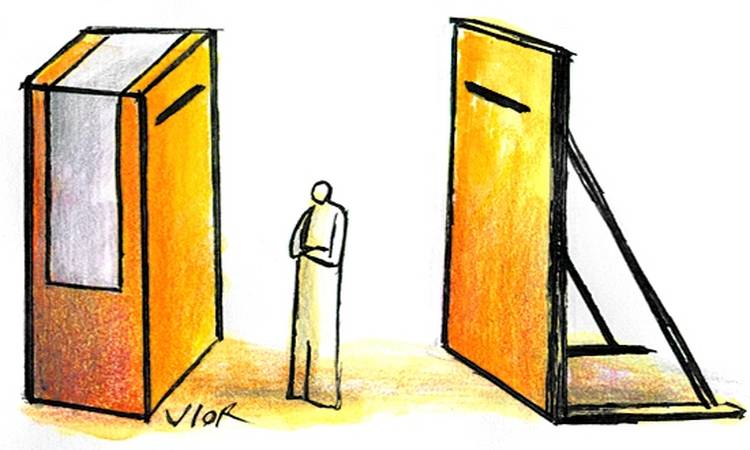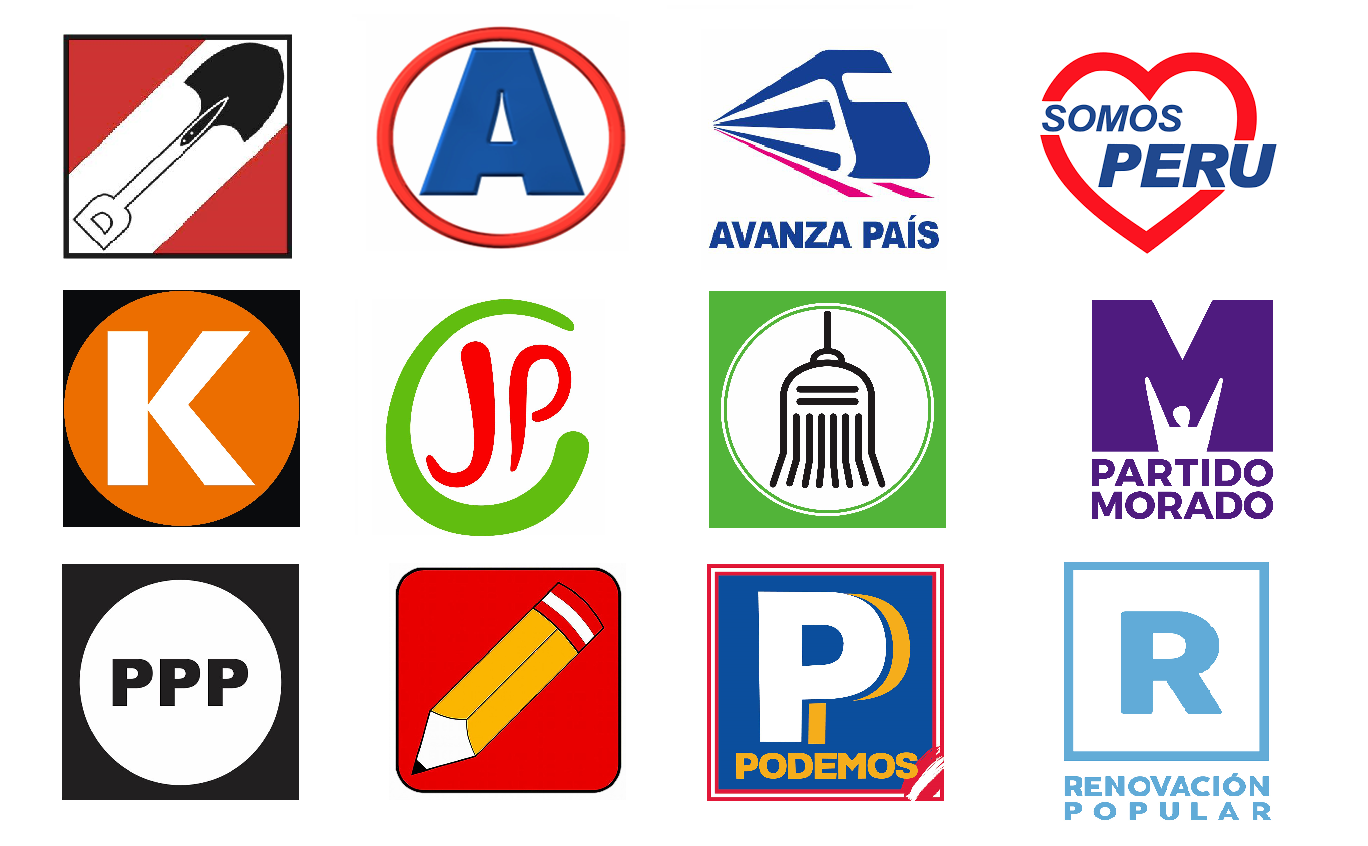ANALYSIS AND POLITICAL THEORY
Miró Quesada Rada and the political science of self-liberation
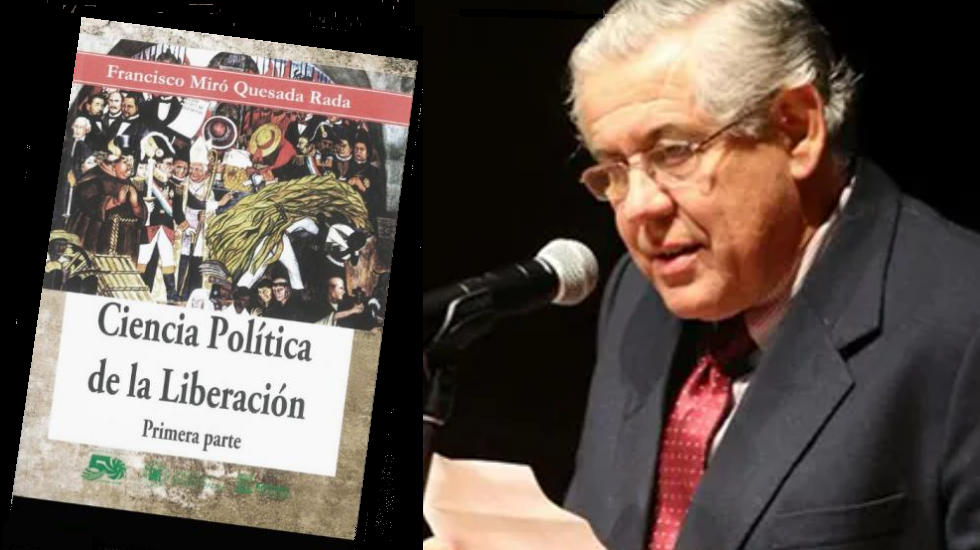
Por: Dr. Antonio Bazán (Filósofo, Politólogo)
Francisco Miró Quesada Rada has entrenched himself in the periphery, and has established the political science of liberation from itself. Our teacher, now converted into a political scientist of the resistance, with the fine plasticity of his metatheory, has achieved that Peruvian political science assumes the Greek task of “know yourself”, and the research program of the liberation of its episteme. and its disciplinary canon. Here is the technical sheet of his latest book: Francisco Miró Quesada Rada (2019 and 2024): “Political science of liberation”. First and second part. Lima: Ricardo Palma University. This article supports the following hypothesis: Political science has at least two forms of liberation of itself: First, the liberation of the political panopticon established mainly by the American academy, or that Big Brother that monitors and punishes what is and what is not. It is political science; second, the liberation of the political canon, as a theory, methodology, and, from there, begin the proper and liberating path of the empirical study of Peruvian politics and society. In truth, this book is Miró Quesada's opus magnum. Because of the form, because it contains the logic of his thinking and, at the same time, the underlying logic of the genealogy of his work. Well, in my opinion, his opus magnum basically remains his “Introduction to Political Science.” Allow me a parenthesis: The author has kept his manual alive, since it is a book that has been built and reconstructed, theoretically and methodologically, with the discipline's own internal and external histories. Let me now make a point: The author defines the political science of liberation as “a critical-practical and alternative social science that studies power relations through its manifestations, such as domination, liberation, ideology and values.” "that influence, of course, political action", and specifies that its object of study, at the same time gnoseological and ontological, are power and counterpower, in their forms of domination and liberation. It even proposes the following operational formula: FES+FEO+IE=D. That is to say: Subjective structural factor + Objective structural factor + Structural inertia = Domination. He proposes for his political science of liberation “a plural method that is historical, empirical, evaluative and anabasic.” I continue: The political science of liberation is a system with diverse sources, typical of social philosophy and the social sciences: Thus we have the Frankfurt school, which has among its representatives Max Horkheimer, Theodor Adorno, and Herbert Marcuse; the theory of dependency and domination, which has among its representatives Theotonio Dos Santos, Enzo Faletto Enzo, and Fernando Henrique Cardoso; liberation theology, which has among its representatives Leonardo Boff and our Gustavo Gutiérrez; the philosophy of liberation, which has among its representatives Enrique Dussel, Horacio Cerutti and our Augusto Salazar Bondy; decolonial thought, which has among its representatives Santiago Castro Gómez, Walter Mignolo, Edgardo Lander and our Aníbal Quijano. Another yes I say: Understand: Miró Quesada Rada's proposal does not make political science ancillary, a servant of some social liberation or of some political revolution, in the tradition of “philosophia ancilla theologiae”, because that would have been killing science. policy. In truth, Miró Quesada Rada has established the political science of the liberation of itself, and of Peruvian life.
<< The political science of liberation is a system with diverse sources, typical of social philosophy and the social sciences:...>>
2024-08-19 02:13:08
Visitas: 200
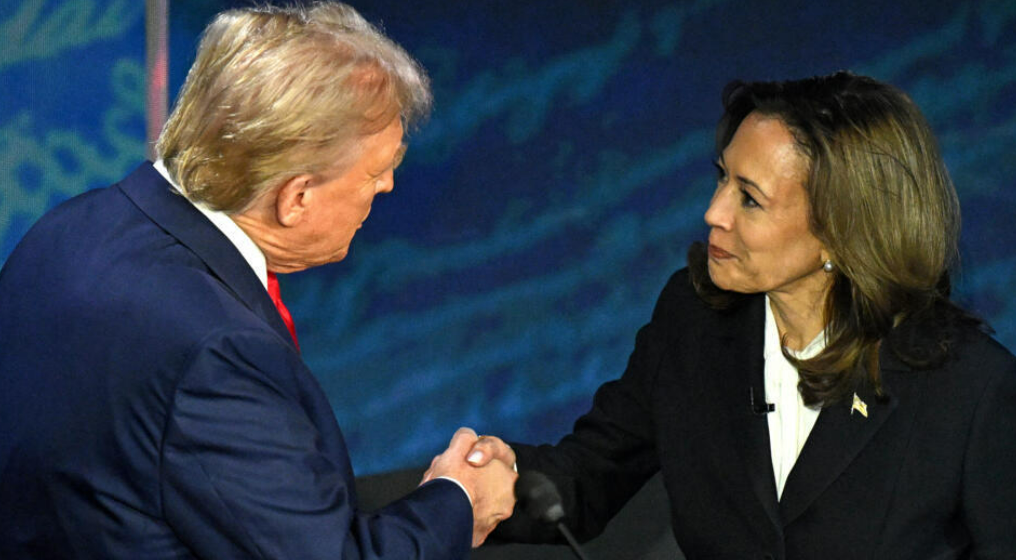
Kamala Harris vs Donald Trump Who won the debate?
The second presidential debate 2024 between Donald Trump vs Kamala Harris
Leer más...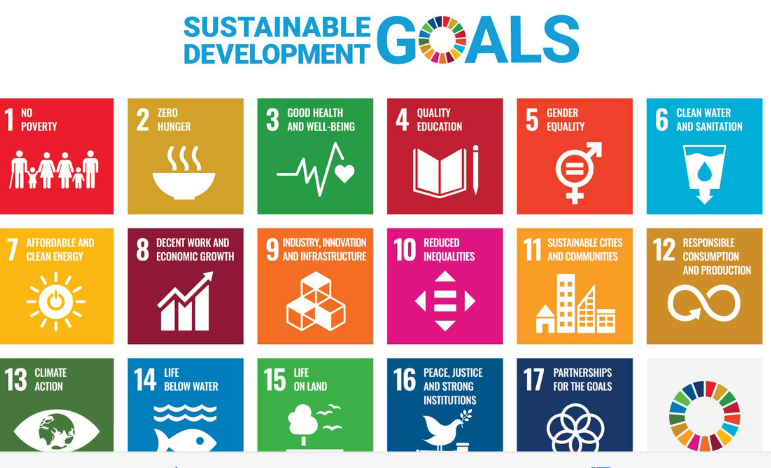
WHY TAKE THE 2030 AGENDA SERIOUSLY?
The 2030 Agenda includes all those problems that today are at hand and can be solved by the great tr...
Leer más...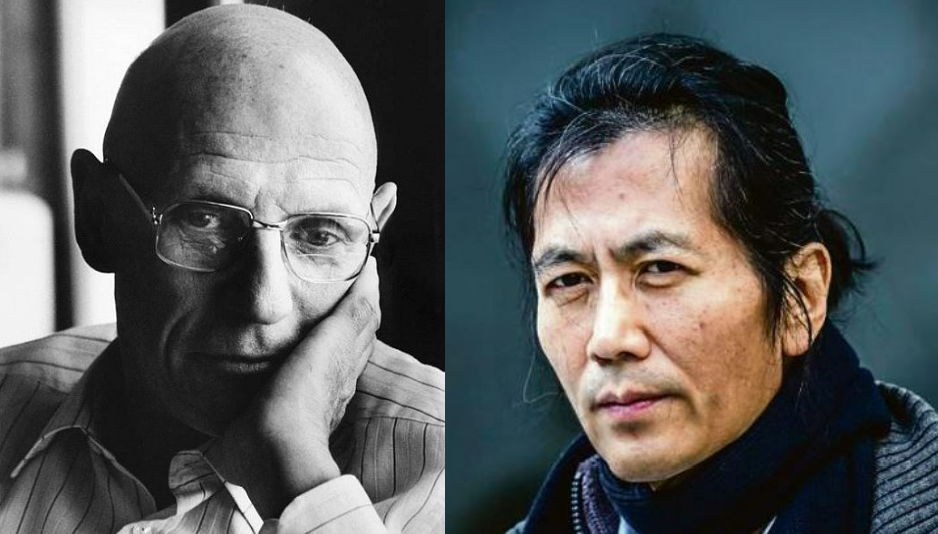
Michel Foucault and Byung-Chul Han en el Perú
Michel Foucault and Byung-Chul and their postulates on biopolitics and psychopolitics
Leer más...
The crisis in Haiti: multidimensional analysis of its causes, consequences and futuro
aggravated since the social outbreak of February 2019, which has become what many today describe - a...
Leer más...
Miró Quesada Rada and the political science of self-liberation
The political science of liberation is a system with diverse sources, typical of social philosophy a...
Leer más...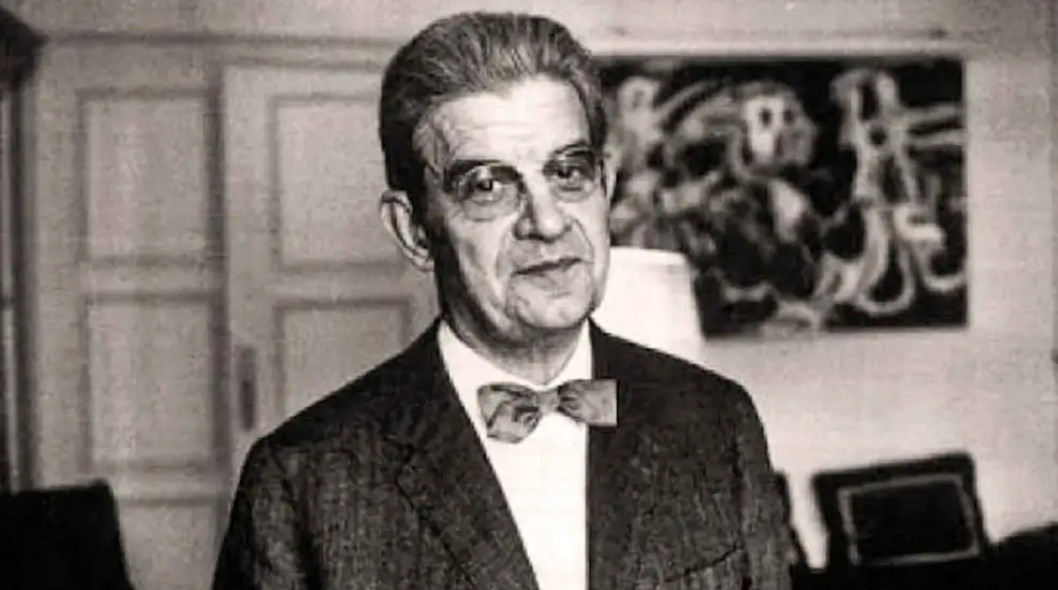
How did Jacques Lacan think?
For Lacan, the fundamental mechanisms of the unconscious are mechanisms of discourse, and are found ...
Leer más...
How did Jacques Lacan think?
For Lacan, the fundamental mechanisms of the unconscious are mechanisms of discourse, and are found ...
Leer más...